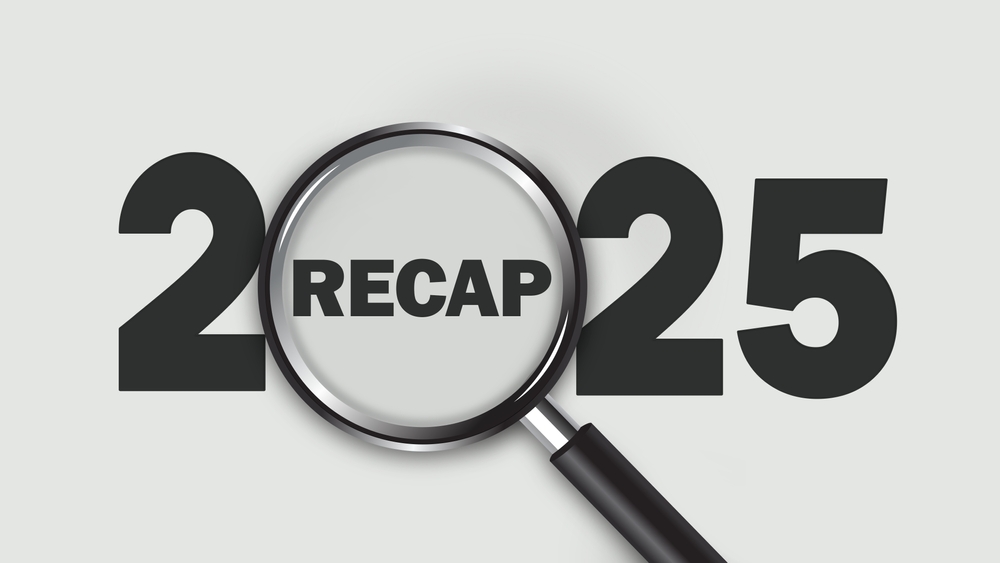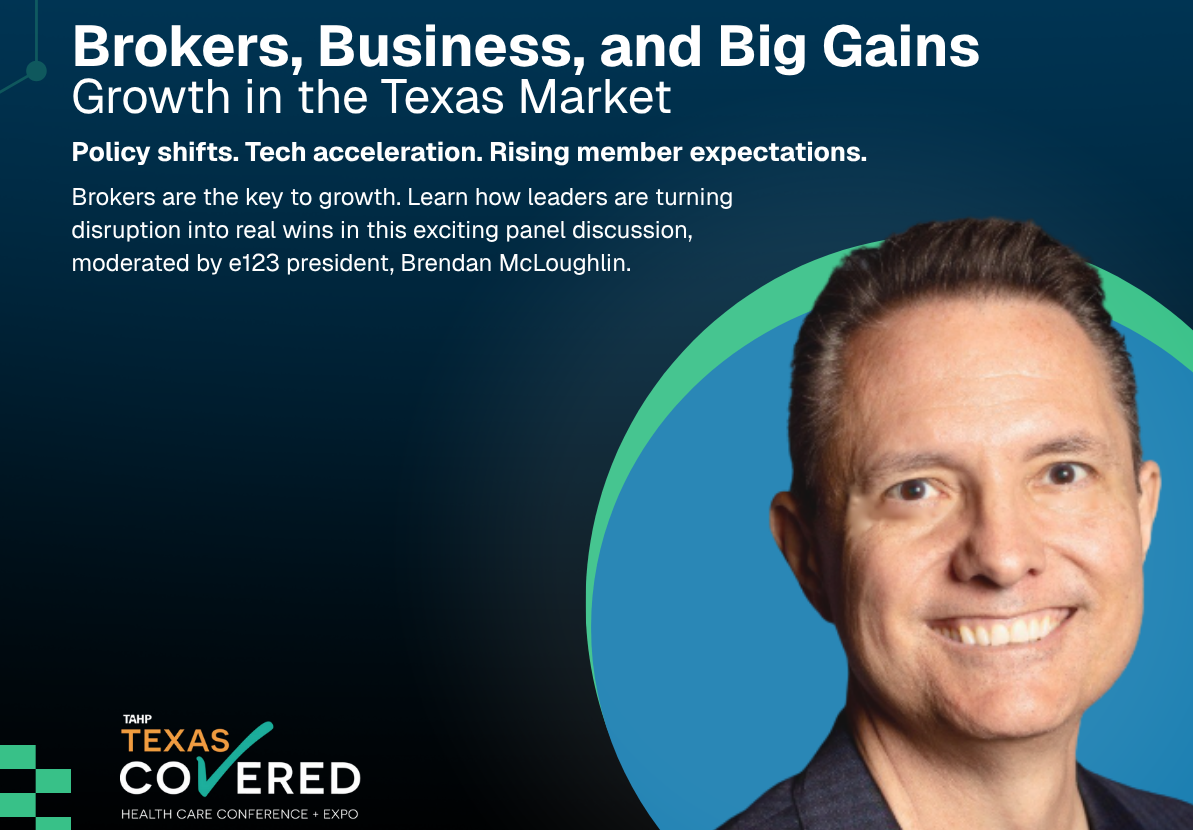
Brendan McLoughlin, President of e123, recently participated in an executive education course at the Massachusetts Institute of Technologyon Artificial Intelligence (AI) and its implications for business strategy. This is the next in a series of blog posts where he shares some of the insights he gained and how they apply to health insurance distribution.
AI is Changing Health Insurance – Your Employees Need to Change Too

Artificial intelligence (AI) is revolutionizing the health insurance game. Claims processing, customer service, even underwriting – they’re all getting AI makeovers. But here’s the catch: as AI takes on more responsibilities, it’s raising the stakes for the professionals in the industry. That means it’s time to get serious about “upskilling” your workforce.
Upskilling isn’t just about learning how to use AI; it’s about understanding how AI changes everything from decision-making to customer interactions. The future belongs to those who can balance human expertise with AI-powered insights.
Spoiler alert: if you’re not investing in this shift, you and your organization are falling behind.
Why You Need to Upskill for AI Now
Swiss Re puts it simply: AI can slash costs and ramp up efficiency in health insurance operations. But here’s the rub—employees need a new skill set to keep up. We’re talking skills such as data analysis, AI management, and ethical AI oversight. And no, this isn’t just for tech geeks. Whether you’re managing customer service teams or working in policy underwriting, AI is reshaping your job too.
If your employees aren’t prepared to work alongside AI, they risk becoming obsolete. The good news? Upskilling is how you keep them in the game—and keep your business on the cutting edge.
Key Areas for AI Upskilling in Health Insurance
- Data Literacy and AnalysisWhy It Matters: AI is all about data. Your workforce needs to interpret the data AI crunches to make smart, real-time decisions. Forget about relying on gut instincts—data literacy is your team’s new secret weapon.How It Applies: Imagine AI helping your staff analyze sales data to drive increased revenue during open enrollment or detect fraud before it happens. That’s not sci-fi; it’s the future of your business.
- AI Integration and Algorithm ManagementWhy It Matters: It’s not enough to trust AI blindly. Employees need to understand how AI works and, more importantly, how to manage it when things go sideways.How It Applies: AI allows for fine-tuning of enrollment processing systems or personalizing communications with FMOs and agencies. To get the most out of these tools, employees need to tweak algorithms to keep them running smoothly.
- Customer Experience EnhancementWhy It Matters: AI chatbots are great, but nothing beats the human touch when things get complicated. Upskilling your team to work with AI is essential to strike a balance between efficiency and exceptional customer interactions.How It Applies: AI can handle FAQs, leaving your agents free to solve complex issues. And with AI’s help, they’ll have the data they need to personalize solutions like never before.
- Ethics, Compliance, and AI Governance
Why It Matters: AI is awesome—until it’s not. Upskilling teams on data privacy, compliance with regulations like HIPAA, and making sure AI doesn’t accidentally introduce bias into your business is important to prevent unintended consequences.How It Applies: Employees must learn how to monitor AI systems for compliance and ethical use. One slip-up could mean a massive reputational hit. - AI-Driven Product Development
Why It Matters: AI isn’t just automating your processes; it’s opening doors to new products and innovative services.How It Applies: Imagine using AI to create personalized insurance plans based on real-time health data. Upskilled teams can leverage AI to develop these cutting-edge products, ensuring your business stays competitive. - AI-Augmented Decision-Making
Why It Matters: AI offers predictive insights, but humans still need to steer the ship. Upskilling employees to merge AI’s predictions with their expertise will optimize decision-making.How It Applies: From forecasting new states for expansion to marketing resource allocation during open enrollment, your staff will need to work hand-in-hand with AI to stay ahead of the competition.
Conclusion
Upskilling for AI isn’t optional—it’s survival. Health insurance companies that get serious about AI upskilling now are setting themselves up for long-term success. The key takeaway? AI isn’t replacing your people—it’s elevating them. A tech-savvy, adaptable workforce will drive innovation, boost productivity, and deliver personalized customer experiences that set your business apart.
Here’s the bottom line: if you’re not investing in upskilling—you’re risking your future in an AI-powered world. Your competitors aren’t standing still, and neither should you.
Want to learn more about e123 and the future of AI in insurance distribution? Get in touch here.
For prior posts in this series, click here or below:
| Prior Post – How Google’s AI-Powered Search is Changing the Game for Health Insurance Marketers | Next Post – Open Enrollment is Prime Time for AI |







